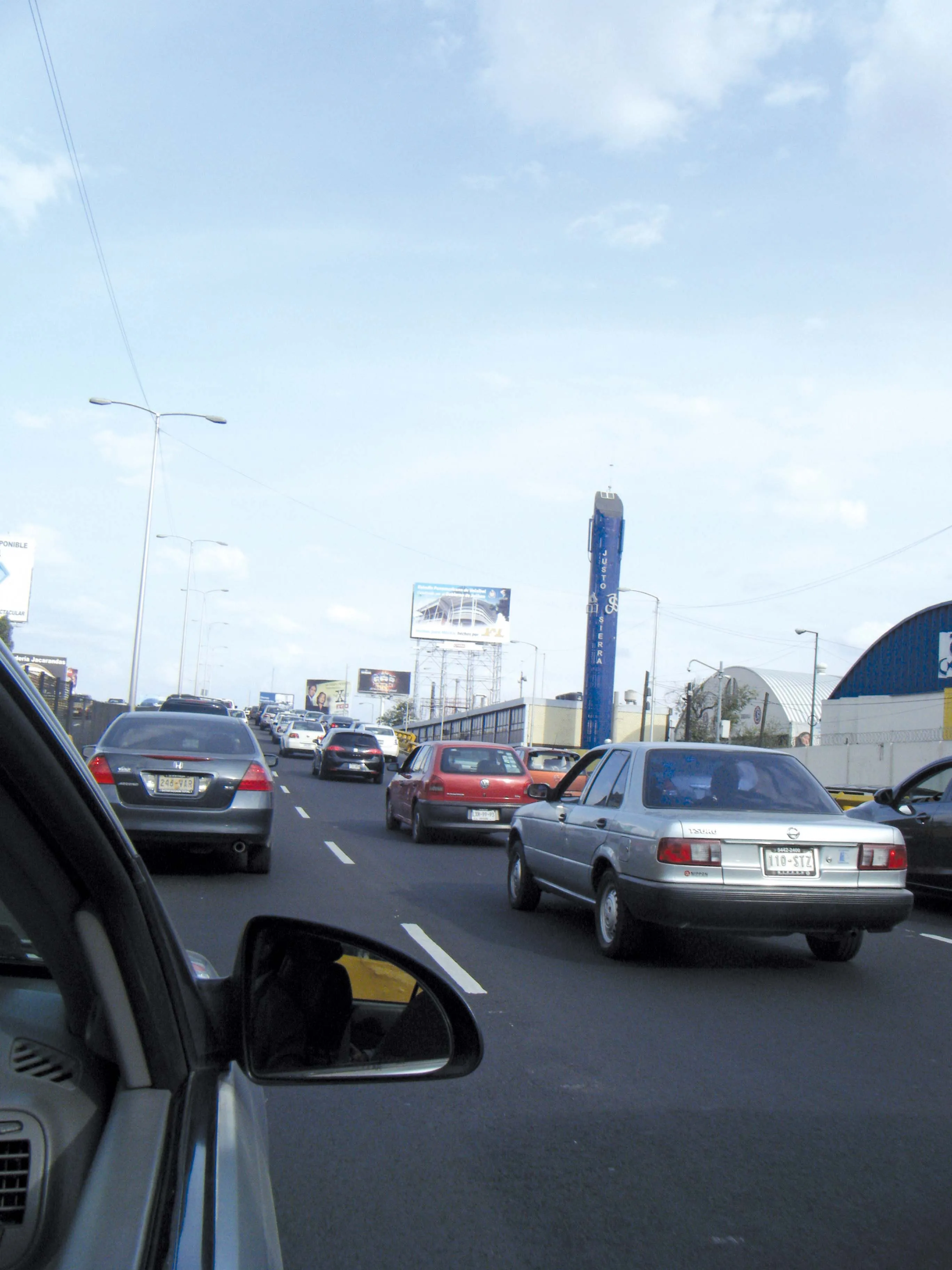A steady reduction in road crashes and fatalities has been noted for key developed nations, according to the International Transport Forum (ITF) Road Safety Annual Report 2013. However there remains a need for further action to reduce casualty levels further. Particular concern has been expressed for vulnerable road users where casualty statistics remain high. Motorcyclists, pedestrians and cyclists still suffer worrying high levels of crashes, more often victims of poor road use by others. Meanwhile anothe
June 18, 2013
Read time: 1 min
RSSA steady reduction in road crashes and fatalities has been noted for key developed nations, according to the 1102 International Transport Forum (ITF) Road Safety Annual Report 2013. However there remains a need for further action to reduce casualty levels further. Particular concern has been expressed for vulnerable road users where casualty statistics remain high. Motorcyclists, pedestrians and cyclists still suffer worrying high levels of crashes, more often victims of poor road use by others. Meanwhile another key concern is the increase in distracted driving risk from drivers using hand-held devices while at the wheel.








